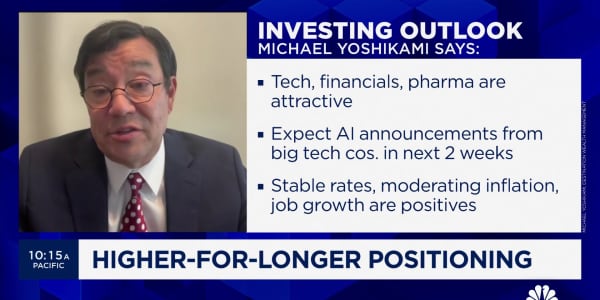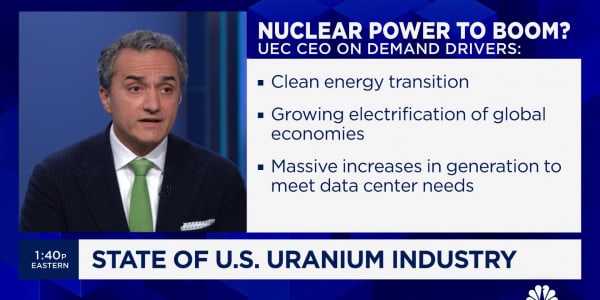The investigation into Heinz options trading prior to its going-private announcement perfectly illustrates a point I made not long ago about the perfect insider trading scheme.
As you already know, the Securities and Exchange Commission has obtained a court order freezing an account that holds thousands of call options on Heinz shares that were purchased the day before the deal was announced. The FBI has said it is talking to the SEC about the trades. Someone might go to jail before this is all over.
Notice that what got the attention of the SEC and the FBI was a highly unusual and highly profitable options purchase. As far as anyone knows, neither agency has any evidence of wrong-doing apart from the timing of the trade. No evidence of stolen documents. No taped conversations tipping off traders about the deal. Nothing but the trade.
The lesson here is that if you want to use material nonpublic information obtained in breach of a fiduciary duty to achieve abnormal returns, you shouldn't do it by trading. You should do it by not trading.
Suppose you are a long-short trader with a large portfolio in which you do a lot of trading in many different stocks. You employ a research staff whose job is to get an "edge" — knowledge that other market participants don't have. At least sometimes this edge is based on insider information.
If you use your research staff's work to trade, you risk getting tagged with insider trading. A smarter way to use the research staff's work would be to avoid making trades that will lose you money. If you can avoid some big losses that other investors cannot, you'll outperform your peers.
For example, let's say you are planning short a technology company but your researcher discovers that it is in talks to be taken private at a hefty premium. So he brings you a report that says just one thing: the name of the company. You now know that you should not short the stock. You avoid taking that loss.
It works on the long end, too. When your researcher discovers that a company has achieved terrible results on the latest round of drug research, you just avoid going long the stock. If you already own some shares, you can't sell them. But at least you avoid getting longer on the loser.
In a sense, this is an anti-event driven strategy. You are using nonpublic knowledge of material company events to avoid taking losses on the long and short end.
The success of this strategy depends on strict discipline. If you lack the willpower to avoid trading once you have the knowledge, you wind up breaking the law. But if you can stand not to sell shares you know are going down and not to buy shares you know are going to go up, you can use this strategy to profit from inside information and very likely stay inside the letter of the law.
You are unlikely to ever get caught using this strategy because the very thing that typically attracts scrutiny is an unusual trade. Without a trade, you're likely to avoid detection.
Even better, you are probably not violating securities laws. The rules against insider trading are rules against fraudulent conduct "in connection with the purchase or sale of a security." What you are doing by refusing to trade the stocks about which your research team has acquired insider information could easily be described as a form of compliance. The research team is just producing a blackout list of stocks you cannot trade
A few words of warning. I am an attorney but I don't practice law anymore. This is not legal advice. I am not telling you to actually employ this strategy. It is underhanded and bad for your soul. But understanding why it is probably legal is useful to understanding why something like this strategy is very likely employed by some hedge funds.
A very aggressive enforcement agent might try to come up with a theory of insider trading that would render you legally culpable. The SEC could try to characterize you other trades in stocks about which you have no inside information as being purchases or sales made "in connection with" your insider knowledge. That is, the SEC might say that because you have developed a fraudulent scheme that depends on trading and not trading, you have violated Rule 10b-5.
This is a stretch but probably one that the SEC would try to make. Certainly this scheme undermines the objective of securities laws to ensure honest markets and promote investor confidence. In SEC v. Zanford, the Supreme Court held that a stock broker who intended to steal trading proceeds from his clients could be guilty of insider trading even though there was nothing fraudulent about the actual stock trades. The stock trades were part of his scheme to pocket his clients' wealth, and because they coincided with the fraud he could be held liable under 10b-5.
Would the Supreme Court uphold this theory? You probably don't ever want to be in a position to find out. But I think the court would hesitate before creating a rule that would appear to bar any trading in any stock while in possession a piece of material nonpublic information about one particular stock.
Follow me on Twitter @Carney







